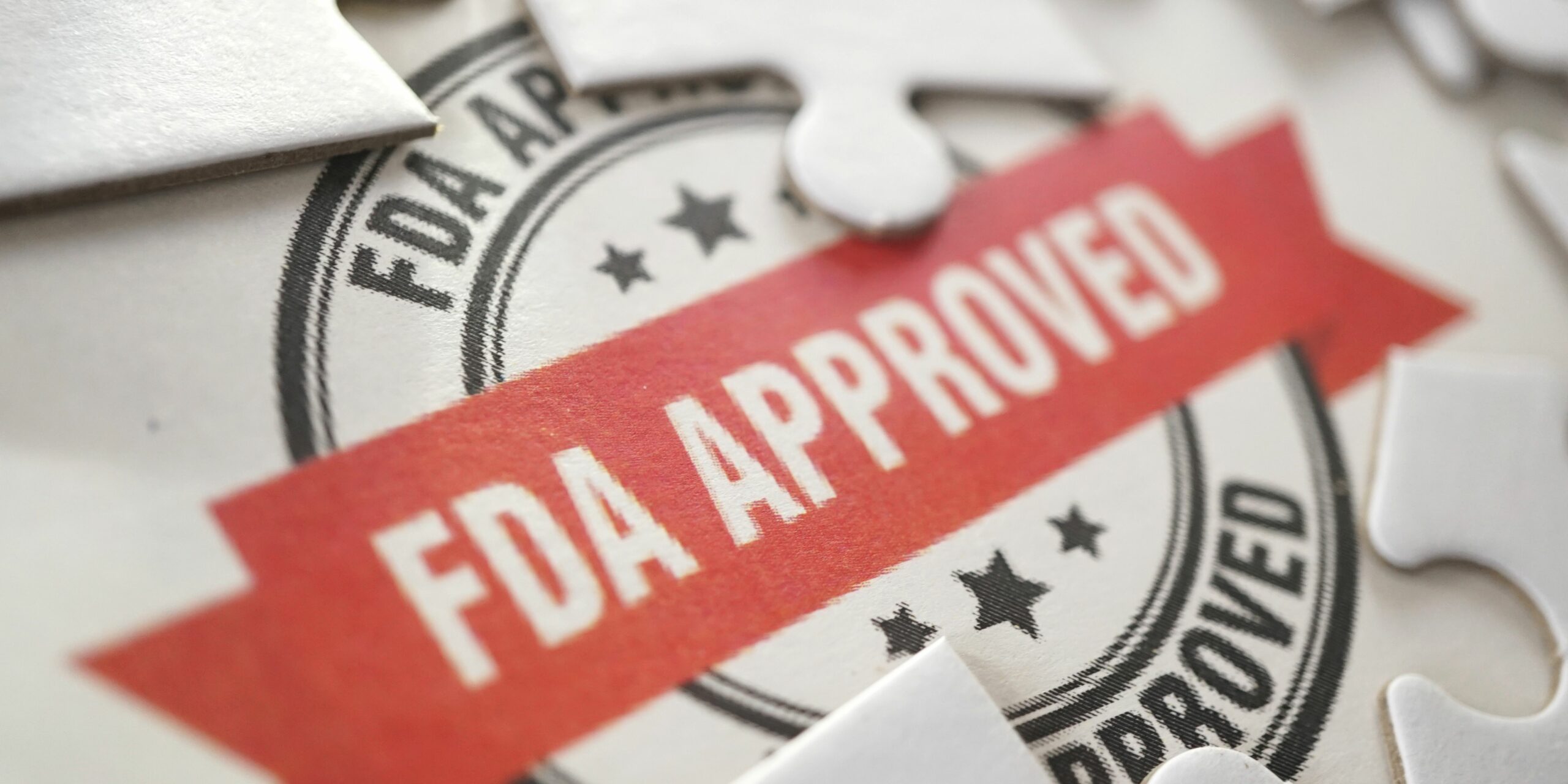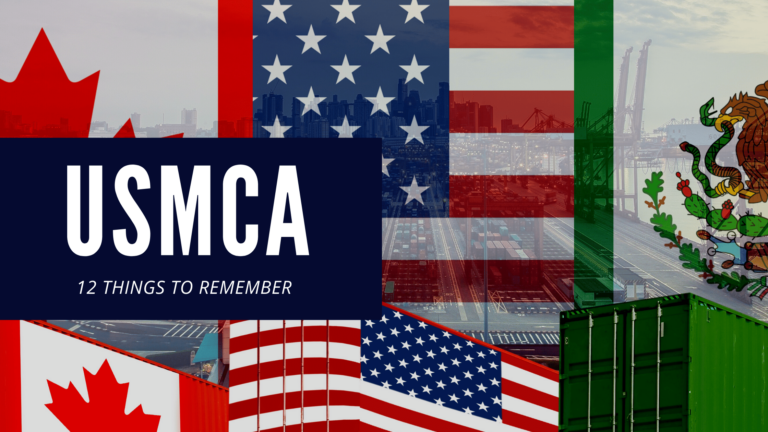Florida to Import Prescription Drugs from Canada with Approval from US Regulators
Access to affordable prescription drugs has been a long-standing concern in the United States. In a significant move towards addressing this issue, federal officials have cleared the way for Florida to import prescription drugs from Canada. This groundbreaking approach aims to provide Floridians with cheaper medications, marking an important shift in the fight to reduce drug prices. In this blog post, we will explore the details of Florida’s plan and the implications it holds for the importation of prescription drugs.
Florida’s First-in-the-Nation Plan for Prescription Drug Imports
After years of frustration with the high cost of prescription drugs, Republican Governor Ron DeSantis signed Florida’s plan into law in 2019. However, federal approval from the Food and Drug Administration (FDA) was required before implementation could begin. Now, with the FDA’s clearance, Florida’s program can move forward as the first in the nation to import prescription drugs from Canada.
Changing Perspectives and Political Support
The decision to allow drug imports from Canada represents a significant shift in perspectives. Previously, the pharmaceutical industry and the FDA had expressed concerns about the safety and authenticity of drugs imported from outside the United States. However, in recent years, both parties, including former President Donald Trump, have embraced the importation approach. The move has gained further support with Democratic President Joe Biden signing an executive order in 2021 directing the FDA to collaborate with states on prescription drug imports.
Implementation and Safety Measures
While Florida’s import program has received approval, imports will not begin immediately. State officials must first test the drugs to ensure their authenticity and comply with U.S. standards. Additionally, Florida’s health department is required to provide quarterly reports to the FDA, detailing imported drug types, cost savings, and any safety or quality issues. These safety measures aim to ensure that the program significantly reduces costs for consumers without compromising their safety.
Public Health Concerns and Potential Legal Challenges
The FDA’s decision to approve Florida’s drug importation plan has raised concerns within the pharmaceutical industry. The Pharmaceutical Research and Manufacturers of America, the industry’s trade group, has referred to the decision as a “serious danger to public health.” The approval is likely to face legal challenges, further emphasizing the complexity of the issue and the need for careful implementation and monitoring.
Impact and Potential Savings for Floridians
The implementation of Florida’s drug importation plan has the potential to yield significant cost savings for taxpayers. Governor DeSantis has estimated that the program could save up to $150 million annually. The plan includes a range of medication classes, covering conditions such as asthma, chronic obstructive pulmonary disease (COPD), diabetes, HIV and AIDS, mental illness, and more. Initially, these medications will be available for specific groups, including foster children, inmates, certain elderly patients, and eventually Medicaid recipients.
National Implications and Future Steps
The White House has expressed support for Florida’s program, considering it “a step in the right direction.” They also encourage other states to apply for importation programs, highlighting the need to address high prescription drug prices across the country. However, it is important to note that the impact of importing drugs from Canada on overall U.S. drug prices remains uncertain. While Canada sets price limits for drugmakers, its prescription drug market size may limit its direct impact on U.S. prices.
Florida’s groundbreaking plan to import prescription drugs from Canada with the approval of US regulators marks a significant milestone in the quest for affordable medications in the United States. With the FDA’s clearance, Florida is set to become the first state to implement such a program, potentially paving the way for other states. While concerns and potential legal challenges persist, the move towards drug importation presents an opportunity to address high drug costs and improve accessibility to vital medications.
Source: https://abcnews.go.com/Health/wireStory/florida-import-prescription-drugs-canada-us-regulators-106132644

Importing 201
Did you know that U.S. Customs requires that importers have written policy and procedures for record-keeping and customs compliance? This course builds upon techniques presented in our U.S. Importing course and explains how to implement and strengthen your import controls. The course also describes what you should do to prepare for the eventuality of a CBP audit.








